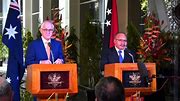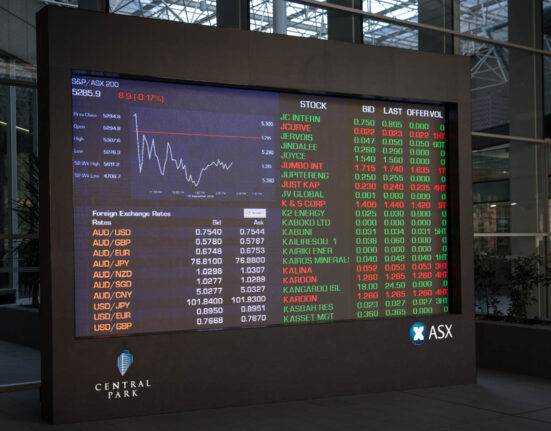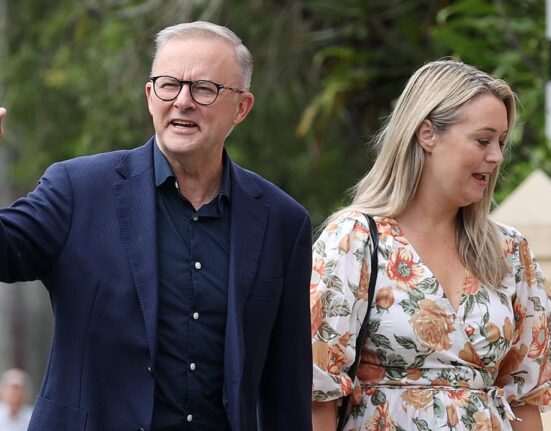Donald Trump, with his
“never take no for an answer”
attitude, is shaking up the global economy yet again. When three American judges put a halt on his tariffs this week, he wasted no time in challenging their decision. It’s a classic move from a president known for pushing boundaries.
The Court of International Trade made a bold statement by reining in Trump’s use of emergency powers to impose tariffs. The real power, they reminded him, lies with Congress. Yet, the situation remains uncertain as federal appeals courts step in to preserve the tariffs temporarily.
Trump’s relentless pursuit of trade policies has far-reaching implications beyond US borders. His ongoing feud with Chinese President Xi Jinping adds another layer of complexity to the already volatile global economic landscape. While Xi may not mirror Trump’s tactics, the looming threat of retaliatory tariffs hangs heavy in the air.
As businesses and consumers worldwide brace themselves for the impact of these trade wars, Australia finds itself at a critical juncture. Treasury Secretary Dr Steven Kennedy highlighted the challenges posed by market volatility and uncertainty stemming from Trump’s unpredictable trade decisions.
Kennedy emphasized how these disruptions could slow down economic growth and dampen consumer confidence—a recipe for stagnation in any economy. The IMF’s downward revision of global growth forecasts further underscores the precarious nature of current trade tensions.
With Australia heavily reliant on China for its exports, any downturn in Chinese demand could spell trouble for the country’s economy. The ripple effect from reduced Chinese growth would be felt across various sectors, potentially leading to job losses and sluggish wage growth.
Amidst this turmoil, there is a glimmer of hope as Australia explores strategic options to mitigate the fallout from Trump’s protectionist measures. By refraining from tit-for-tat tariff impositions and focusing on attracting foreign investments, Australia aims to carve out a niche as a stable trading partner amid turbulent times.
Kennedy urges policymakers to adopt an outward-looking approach by fostering new trade agreements with partners like the European Union and expanding existing pacts such as the Trans-Pacific Partnership. Embracing multilateralism over isolationism seems to be Australia’s best bet in navigating through these stormy waters.
As uncertainties loom large on the horizon, it is imperative for Australia to adapt swiftly to this new world order shaped by escalating trade tensions. By embracing openness and collaboration over protectionism, Australia can chart a course towards sustainable economic growth amidst geopolitical upheavals.









Leave feedback about this